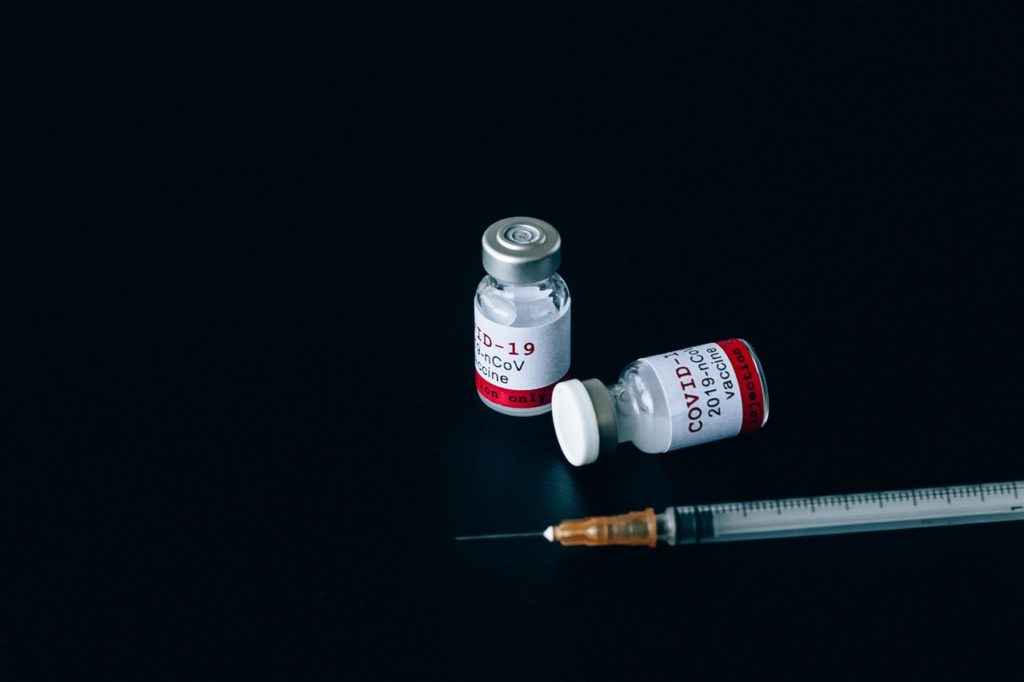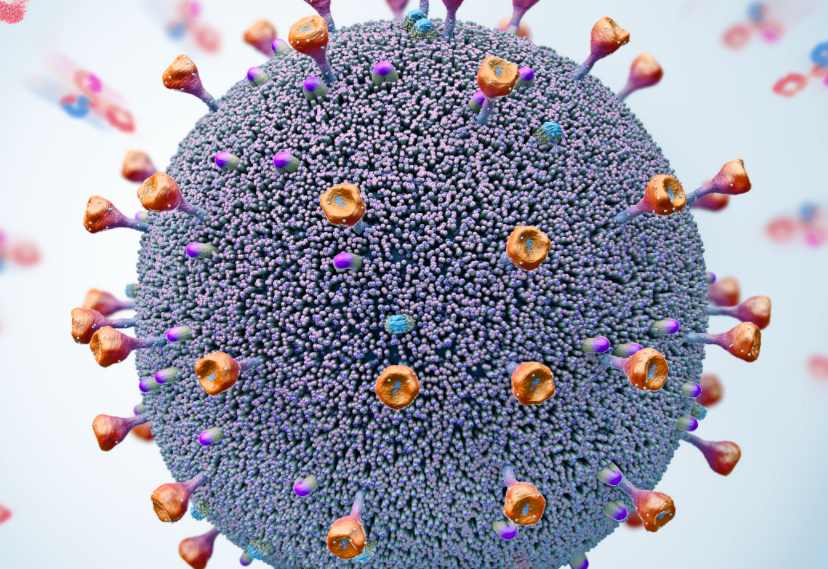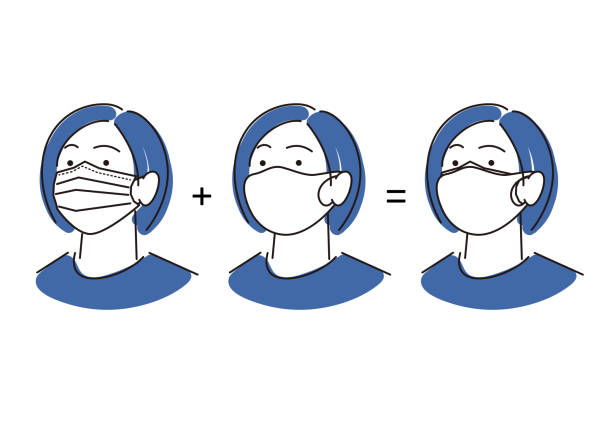Covid-19 vaccine: Here are some of the things you need to know, and some precautions that you should take before getting vaccinated.
More than 1.63 crore people have received a coronavirus vaccine in India so far. While there has been no case of any adverse effect on anyone, some recipients have reported some side-effects or mild illness.
Related Article: How effective are the two COVID-19 vaccines rolled out in India, and are there concerns about safety?
A large number of experts have underlined that these are expected in a small number of cases — and that these ought not to dissuade people from taking the shot.

Dr Shashank Joshi, member of Maharashtra’s Covid-19 task force, said both the vaccines being used in India, Bharat Biotech’s Covaxin and Serum Institute of India’s Covishield, a version of the Oxford-AstraZeneca vaccine, are absolutely safe — and minor side-effects are expected in some cases, not just for these particular vaccines, but any other vaccine as well.
Here are some of the things you need to know, and some precautions that you should take before getting vaccinated.
Before vaccination
👉 In case a person has allergies to medication or drugs, it is important to get an all-clear from a medical practitioner. A complete blood count (CBC), C-reactive protein (CRP), or Immunoglobulin-E (IgE) levels can be checked under medical advice.
👉 One should eat well and take medicines, if prescribed, ahead of vaccination. One should try to be as relaxed as possible; counseling can help people who are feeling anxious.
👉 People with diabetes or blood pressure need to keep these in check. Cancer patients, especially those on chemotherapy, must act on medical advice.
👉 People who have received blood plasma or monoclonal antibodies as part of Covid-19 treatment or those who have been infected in the last one and a half months are advised to not take the vaccine right now.
After vaccination
👉 A recipient of the vaccine is monitored at the vaccine centre itself to guard against any immediate severe allergic reaction. People are allowed to leave only after it has been ascertained that this is not the case.
Also Read: Why are coronavirus cases falling in India
👉 Side effects like pain at the injection site and fever are common. This is no reason to panic. Some other side effects like chills and fatigue might also be expected, but these go away in a few days.
Important to note
Vaccines teach our immune system how to recognize and fight an external threat — in this case, the virus that causes Covid-19. It typically takes a few weeks after vaccination for the body to build protection (immunity) against the virus.
Suggested Article: Children & teens can get COVID-19.
This means that a person could still get infected by Covid-19 in the few days immediately following the vaccination because the person would not have had enough time to develop immunity.
Therefore, basic precautionary measures must be followed even after vaccination. Face masks, hand hygiene, and physical distancing in public places must not be abandoned just because a vaccine has been taken. Cough/sneeze etiquette also needs to be followed.
Source: The Indianexpress
Related Topic:
2nd phase of Covid vaccination: Who can get inoculated and how to register on Co-Win 2.0
The second phase of the Covid-19 vaccination drive in India has begun. It aims to cover 10 crore people across the country. So far, more than 1.5 core people have received Covid-19 shots. States and UTs have been asked to keep a vaccination scale-up plan ready which includes the granular weekly and fortnightly plans for scaling up the vaccination sites both within the government and private facilities and also the number of vaccine doses administered. Read More
![]()




